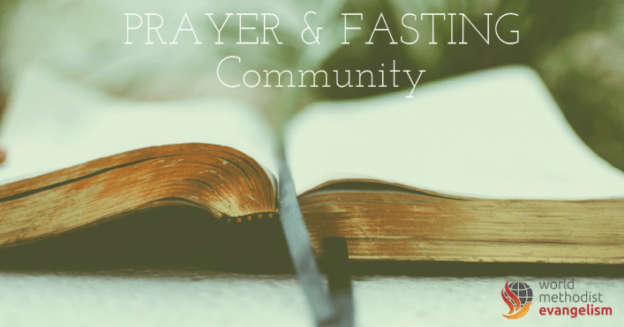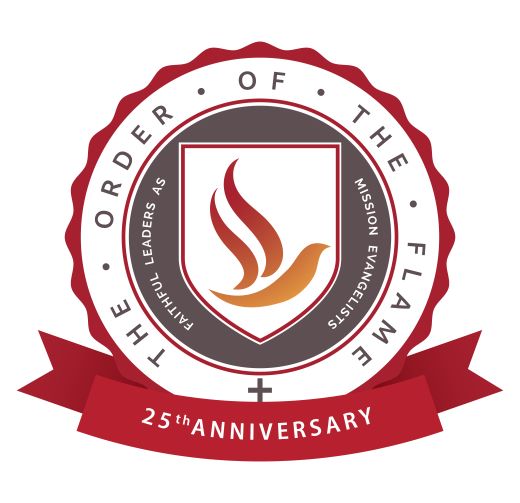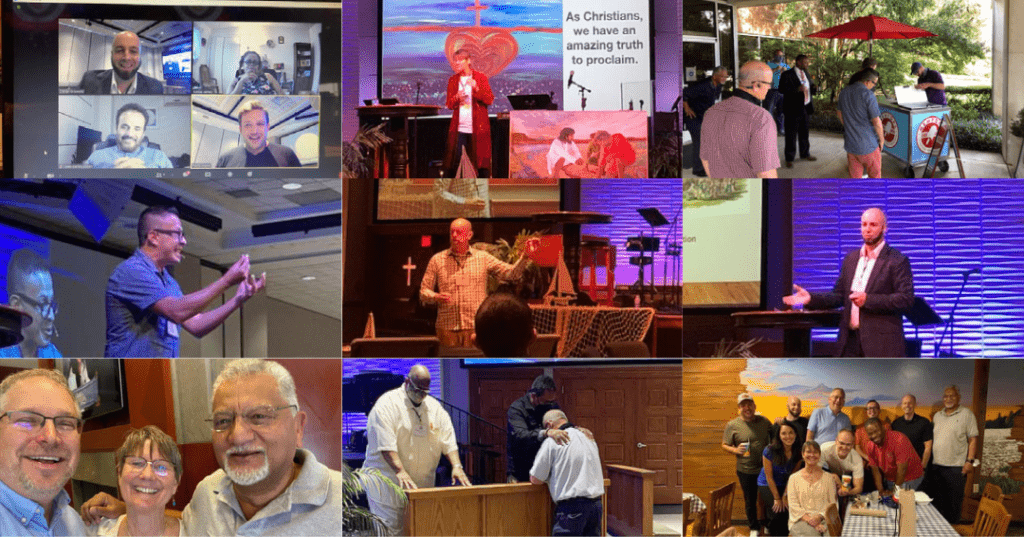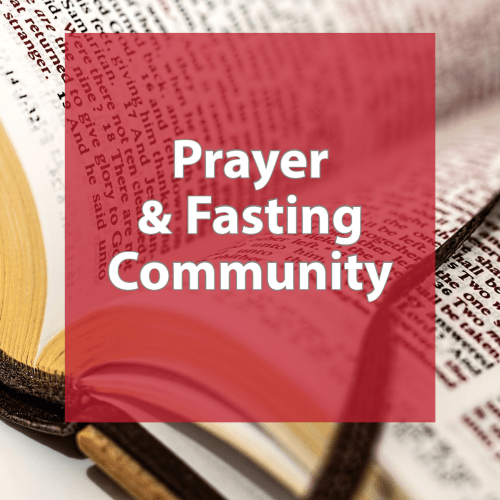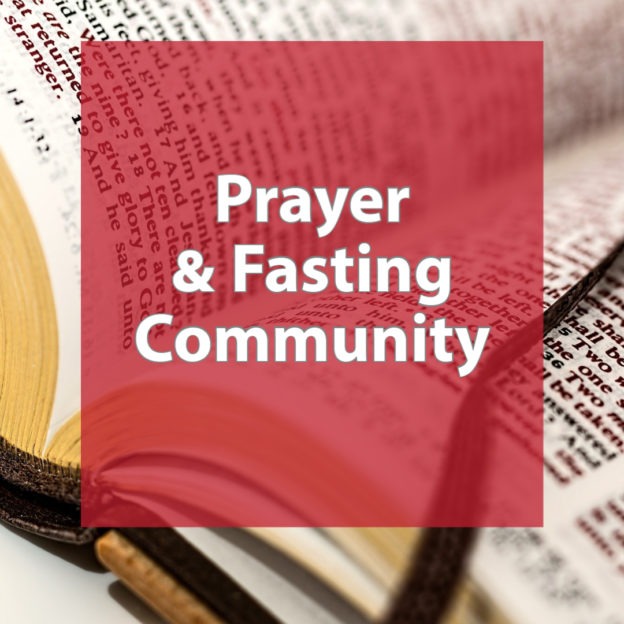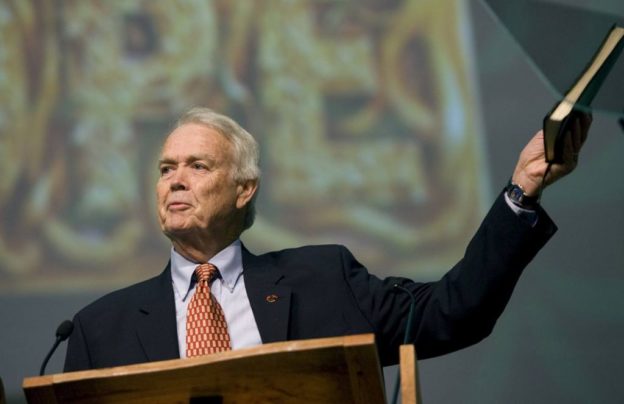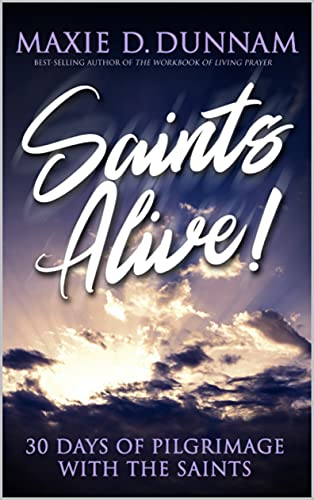Scripture Focus:
The Word became flesh and made his dwelling among us. We have seen his glory, the glory of the one and only Son, who came from the Father, full of grace and truth. John 1:14 (NIV)
The Word became flesh and blood, and moved into the neighborhood. We saw the glory with our own eyes, the one-of-a-kind glory, like Father, like Son, Generous inside and out, true from start to finish. John 1:14 (The Message)
In the book of Acts there’s a story of the stoning of Stephen. I’ve read this story many times but the most recent time it struck me a bit differently. I love how the story begins: “Stephen, full of grace and power, did great wonders and signs among the people.” That’s a great description – full of grace and power. How amazing would it be to have someone describe you as full of grace and power! But of course, when people are full of God’s grace and power it can be threatening to those who hold worldly power, and that’s what happened with Stephen.
As he shared what he’d experienced and how it all fit together with what he believed as a faithful Jew, the Holy Spirit gave him wisdom that made it difficult for others to resist. Not surprisingly, this angered those in power, so they set him up to be arrested.
When they brought Stephen before the council, Scripture says his face became “as bright as an angel’s.” He began to tell the story of Israel and of Jesus, their long-awaited Messiah, and finally of their betrayal and murder of the Righteous One sent by God. Obviously, the high priest and council were infuriated with Stephen – so angry that they gnashed their teeth at him. But, empowered by the Holy Spirit, Stephen sees the glory of God in a vision, with Jesus standing at the right hand of God. He describes what he sees to the council, but this is the last straw. Those in power can’t take it anymore so they drag Stephen out of the city and stone him.
Here’s the part of the story that struck me a bit differently this time. While they were stoning Stephen, a young man named Saul was standing by watching. This is the same Saul who persecuted Christ followers with a zeal that would make your blood run cold. We shouldn’t be surprised that he stood by, watching and doing nothing.
And yet, this Saul is also the soon-to-be-transformed Paul, champion of the gospel of Jesus Christ. The young man who stood by watching was Paul, BCE – Before his Christ Event. That Paul could do what Paul, AD – After Damascus could never do. Paul, after Damascus, would never just stand by.
That’s the way it should be with all Christ followers. We are not BCE people. That means that if we are following in the Jesus way, we can’t just stand by, we have to enter in. That’s what the incarnation is all about. That’s what this season of Advent anticipates. God became human in Jesus. God didn’t stand by, watching, doing nothing. God became flesh and blood and entered into our world, into our communities, into our neighborhood.
If we take the incarnation seriously, if we truly believe the miracle of Christmas is that ‘the word became flesh and made his dwelling among us’ – that God really did put on skin and bones and made God’s home on earth – then we can’t stand by; we must enter in. We must enter into situations of injustice, poverty, hunger, oppression – and all of the other aspects of our world that break God’s heart.
One of the truths made known in the Incarnation is that if it’s bad news for the world, it’s bad news for God. And the God who became human in Jesus is calling us not to be Paul, BCE, but to be Paul, AD. To stop looking on from the safety of our spiritual sanctuaries or watching from behind the barricades of our ideological positions. And to enter into the lives of those around us, sharing their pain and celebrating their joy.
As you pray and fast during this Advent season, I challenge you to think about ways in which you might be standing by rather than entering in. What is happening in your world right now? How might you enter into those situations and bring the light of Jesus with you? I pray that as you anticipate the coming of Christ into our world, you would be moved to enter into the lives of others more fully and boldly so that they might see the one-of-a-kind glory of Jesus, generous inside and out – through you.
